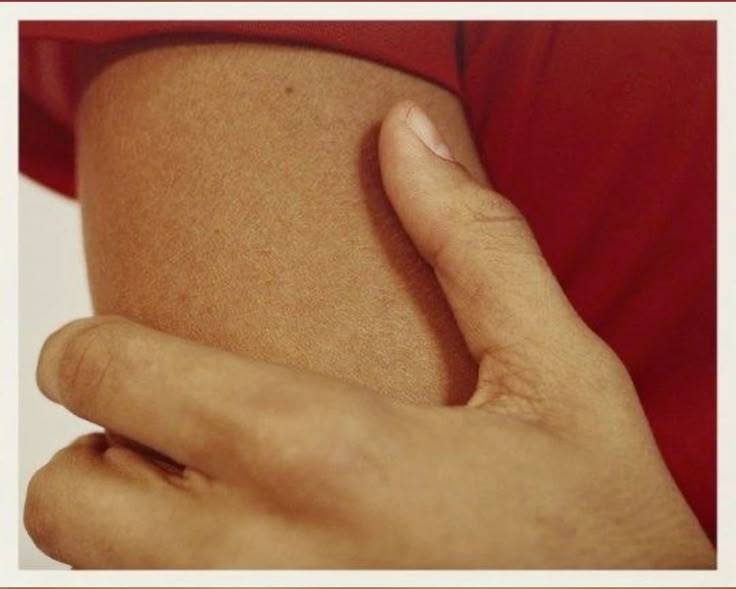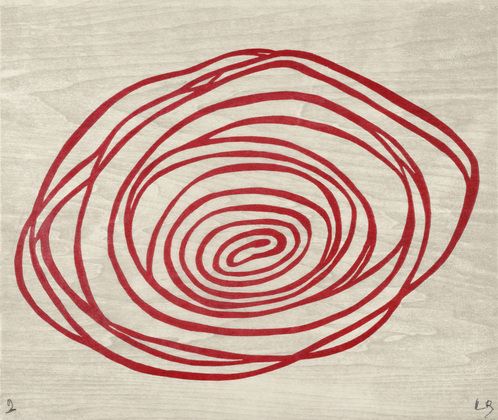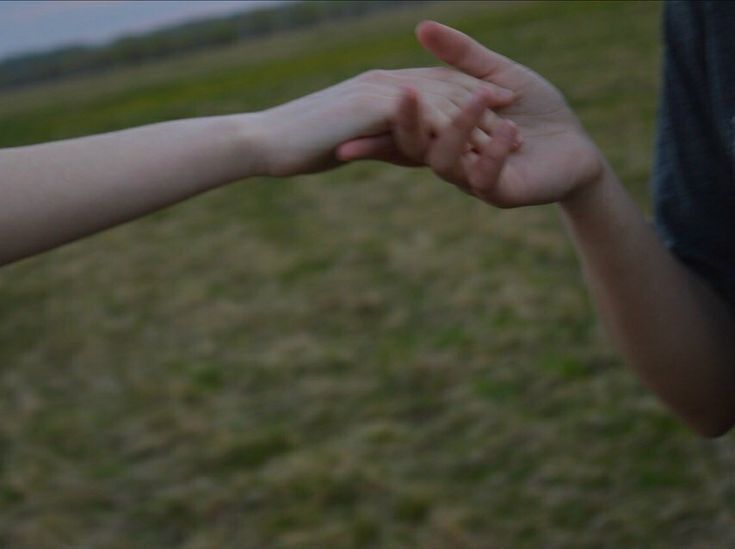If you’ve reached out to Rough Patch and been told we’re not able to work with you right now, we want you to know: this isn’t about you being “too much,” too complex, or too unwell. It’s about making sure you get the right support – support that keeps you safe and gives you the best chance at healing.
We take safety and the right therapeutic fit incredibly seriously. It’s our ethical duty as counsellors to match you with care that genuinely meets your needs – not just any care. When we’re not the right fit, saying yes anyway doesn’t help you; it can actually prolong your struggle and delay you from getting the specialised support that will make a real difference. We’d rather be honest upfront than offer you help that falls short of what you deserve.
This can feel like rejection, especially when you’ve worked up the courage to reach out. We see you, and we know how hard it is to ask for help. This blog exists to explain why we have these limitations, what you actually need (and why), and how we can still support you in finding the right fit.
Why Rough Patch Has Limitations
Rough Patch was built to fill a specific gap: medium-term, accessible counselling for people who can’t afford traditional therapy and don’t want to wait months on a waitlist. We’re designed to help with depression, anxiety, relationship issues, grief, self-esteem, and many other concerns—but we’re not equipped to provide crisis intervention, intensive trauma processing, or the kind of long-term, specialised care that some presentations require.
Here’s why:
1. We’re a telehealth-only service
All our sessions happen online via video call. While telehealth is incredibly effective for many people, it has real safety limitations when someone is in an active crisis or unsafe situation. We can’t physically intervene, conduct welfare checks, or ensure your environment is safe during sessions.
2. We cap sessions at 30 per year
This is intentional. We don’t want people stuck on waitlists, so we keep our service moving. That means we’re best suited to people who need short-to-medium-term support (a few months to a year), not ongoing, long-term therapy. Some presentations – like complex trauma, severe eating disorders, or active addiction – often require years of consistent, specialised care, sometimes for life.
3. We may not have a counsellor who is the right fit for you
Our team is highly trained and deeply committed to social justice and anti-oppressive practice, but not all of them are crisis counsellors, addiction specialists, or eating disorder clinicians. Matching you with the right specialist – not just any counsellor – is how we centre your safety and good outcomes.
Five Situations We Can’t Support (And Why)
1. Active Domestic or Family Violence
What we mean: You’re currently living with someone who is abusing you, or you’re in regular contact with them and at ongoing risk.
Why we can’t work with you:
- Safety during sessions: We can’t control who might be listening or watching your telehealth session. If someone has access to your devices or space, online counselling can increase your risk.
- You need crisis intervention: DFV situations require immediate safety planning, legal support, housing assistance, and crisis response – not weekly talk therapy.
- Specialised training required: Our counsellors aren’t trained in high-risk DFV work, which requires specific expertise in safety planning and risk assessment.
What you need: 1800RESPECT (1800 737 732) offers 24/7 crisis counselling, safety planning, and local DFV referrals. Once you’re safe, Rough Patch may be able to support you.
2. Severe or Active Suicidal Ideation
What we mean: You’re actively planning to end your life, have a specific plan and means, or are experiencing overwhelming, unmanageable thoughts of suicide.
Why we can’t work with you:
- Crisis-level risk: Severe suicidal ideation requires immediate, intensive support – often daily check-ins, psychiatric care, and sometimes hospitalisation. Weekly sessions aren’t enough.
- Telehealth limitations: We can’t physically intervene or conduct welfare checks if you’re in crisis.
- We’re not a crisis service: Our counsellors support people with passive suicidal thoughts, but not active, high-risk ideation.
What you need: Call Lifeline (13 11 14), Beyond Blue (1300 22 4636), or present to your local hospital emergency department. If you’re in immediate danger, call 000. Once stable, Rough Patch can support your ongoing recovery.
3. Intensive Trauma Processing
What we mean: You’ve experienced severe trauma (childhood abuse, sexual assault, war, prolonged neglect) and need to actively process traumatic memories, or your trauma is very recent and you’re in acute distress.
Why we can’t work with you:
- Trauma work takes years: Effective trauma therapy typically requires 20–30+ sessions just for initial processing. Complex trauma often requires long-term, ongoing therapy – sometimes for life. Our 30-session cap isn’t enough.
- Specialised training required: Trauma processing (EMDR, CPT, prolonged exposure, brainspotting) is delicate, high-skill work that requires advanced training. Done poorly, it can re-traumatise you.
- Stabilisation first: Recent trauma or crisis symptoms (flashbacks, dissociation, self-harm) require intensive stabilisation before processing can begin.
What you need: A trauma specialist who can commit to long-term work. Our single-session referral service can help you find possible options.
Important: Rough Patch can support people with trauma histories who are stable and working on related issues like relationships or coping skills – we just can’t do the deep trauma work itself.
4. Active Addiction
What we mean: You’re currently using alcohol or drugs, or engaging in gambling, gaming, pornography use, or other addictive behaviours in a way that’s unmanaged, chaotic, or interfering with your ability to engage in therapy.
Why we can’t work with you:
- Therapy can be very difficult during an active addiction cycle: Substances impair memory and emotional processing, and behavioural addictions consume mental and emotional resources, making it nearly impossible to build the skills therapy teaches.
- You need specialised support first: Active substance use often requires detox, medical monitoring (withdrawal can be dangerous), and addiction-specific treatment. Behavioural addictions require specialist intervention that addresses the compulsive patterns and underlying drivers. General counselling can’t manage these needs.
- Safety concerns: Active substance use increases risk of overdose and medical crisis. Behavioural addictions can lead to financial ruin, relationship breakdown, and severe psychological distress that requires immediate, intensive intervention.
What you need: Start with your GP, a drug and alcohol service, a rehab programme, or a specialist in behavioural addictions (gambling counsellor, sex addiction therapist, financial counsellor). Once you’re stable and in recovery, Rough Patch may be able to support your mental health and relapse prevention.
Important: Some of our counsellors can work with people who are stabilised and not acutely impacted by substance use or behavioural addictions; or people who use substances or engage in these behaviours occasionally without it interfering with therapy.
5. Severe Eating Disorders
What we mean: You have symptoms consistent with anorexia, bulimia, or another eating disorder that’s medically unstable (dangerously low weight, severe purging, cardiac issues) or requires intensive, specialised treatment.
Why we can’t work with you:
- Medical monitoring is essential: Severe eating disorders are medical emergencies requiring regular physical health checks to prevent organ failure or cardiac arrest. We can’t provide that.
- Multidisciplinary team required: Effective treatment involves a GP, dietitian, psychiatrist, and eating disorder specialist working together. General counselling alone isn’t enough.
- Long-term, intensive support needed: Recovery often takes years and requires frequent sessions (sometimes multiple times per week). Our 30-session cap isn’t sufficient.
What you need: An eating disorder clinic or specialist who can coordinate your medical, nutritional, and psychological care. Once medically stable, Rough Patch may be able to support related issues.
Important: We can work with people in eating disorder recovery who are medically stable, or working with a specialist team and need support for related mental health concerns.
But I Can’t Find Anyone Else – Can’t You Just Try?
We hear this a lot, and we feel it. We know there’s a huge lack of affordable, accessible services for people in crisis or with complex needs. It’s infuriating and heartbreaking, and it’s a systemic failure – not your fault.
But here’s the truth: saying yes when we’re not the right fit doesn’t help you. In fact, it can harm you. If we take you on and can’t keep you safe, can’t provide the intensity or specialisation you need, or have to end your sessions if things escalate, we’re not offering you good, ethical care. We don’t want to do that to you.
You deserve the right support, not just any support.
How We Can Still Help: Our Single-Session Referral Service
Just because we can’t provide ongoing counselling doesn’t mean we’re leaving you to figure this out alone.
We offer a single-session referral service where you meet with one of our counsellors for a one-off session. In that session, we:
- Get to know your specific situation, needs, and preferences
- Explore what kind of support would be most helpful (crisis services, specialists, GPs, psychiatrists, support groups, etc.)
- Provide tailored referrals and resources that fit your circumstances
Why can’t we just do this via email or phone? We wish we could, but here’s why it doesn’t work:
- Everyone’s situation is unique. What you need depends on your location, income, cultural background, trauma history, current risk level, support network, and dozens of other factors. There’s no one-size-fits-all list.
- Referrals require nuance. We need to understand not just what you’re struggling with, but how – so we can match you with the right type of specialist, the right therapeutic approach, and the right level of care.
- It takes time to build trust. Talking about these issues is vulnerable. A session gives us space to listen properly, ask questions, and make sure you feel heard (not just handed a list of phone numbers).
Think of it like this: if you went to a GP with chest pain, they wouldn’t email you a list of cardiologists without examining you first. The referral session is our version of that exam.
What Happens After the Referral Session?
You’ll leave with:
- A clear understanding of what kind of support you need and why
- Specific, tailored referrals (services, practitioners, programmes)
- Information about costs, waitlists, and how to access those services
- A plan for what to do if you’re in crisis while waiting for support
And if your situation changes, you can always come back to Rough Patch. We’re here for the medium-term work once you’re ready.
A Final Word
If you’re reading this because you’ve been told Rough Patch isn’t the right fit, please know: you’re not too much. You’re not too broken, too complex, or too unwell. You’re a person in pain who deserves skilled, safe, specialised care.
We can’t be that care right now but we can help you find it.
To book a single-session referral, visit www.roughpatchcounselling.com or email info@roughpatchcounselling.com.
You’re not alone in this.









